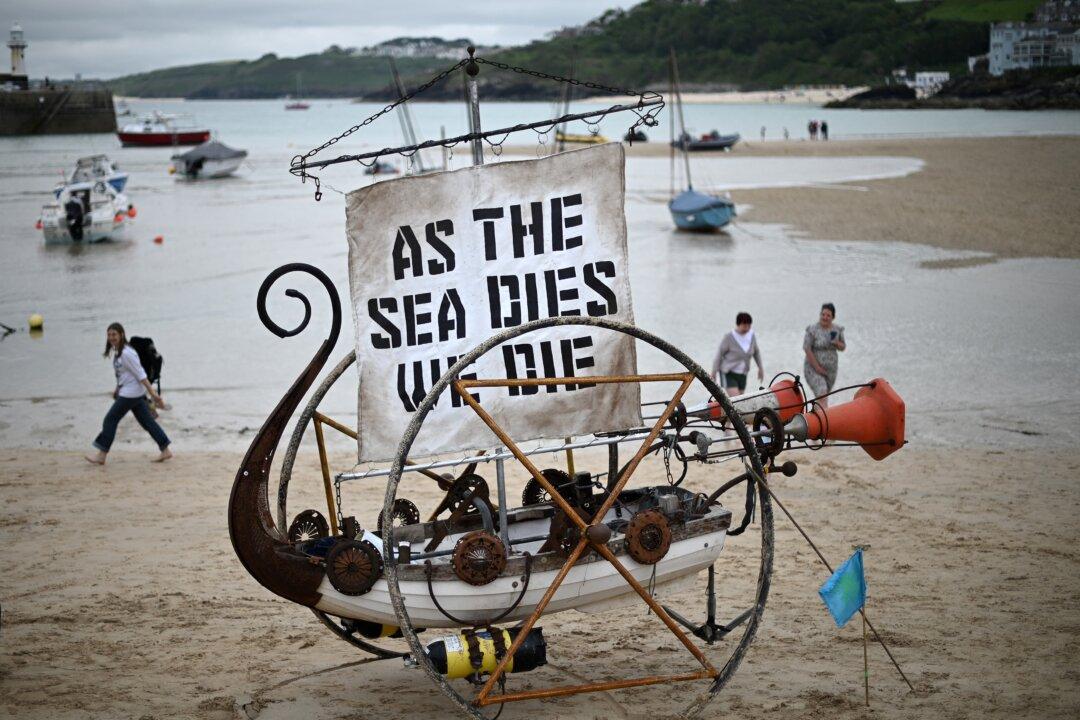News Analysis
The way the discussion on the origin of COVID-19 was derailed by conspiracy labelling reminds environmental economist Ross McKitrick of the debate around climate change.

The way the discussion on the origin of COVID-19 was derailed by conspiracy labelling reminds environmental economist Ross McKitrick of the debate around climate change.